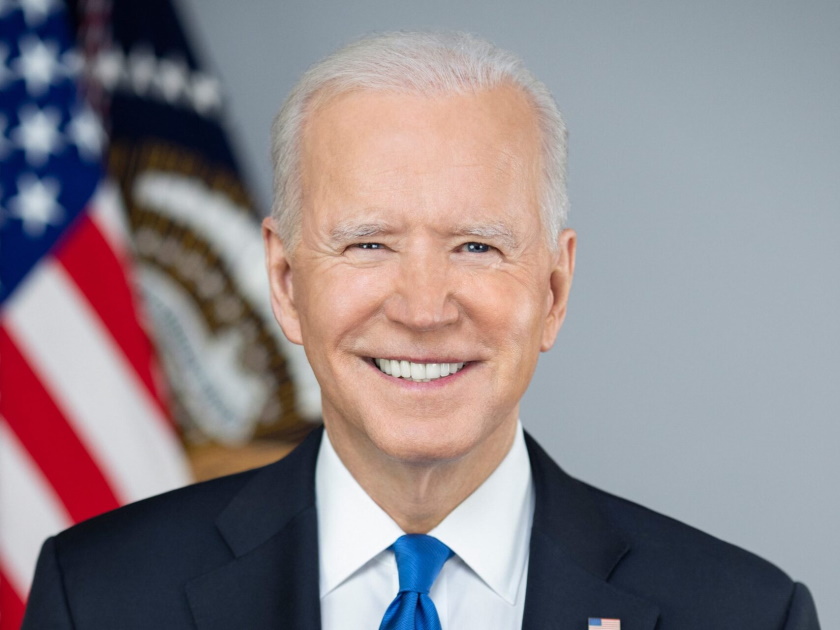White House pledges $3 billion war chest for COVID antivirals

The Biden Administration has said it will allocate $3 billion of its pandemic rescue plan to the development of a new generation of antiviral therapies for COVID-19, as well as future viral threats.
The plan was announced today by National Institute of Allergy and Infectious Diseases (NIAID) director and chief medical advisor Anthony Fauci, who said a key objective would be to find oral drugs that could be taken at home early on in the course of the disease.
Drugs that can be used in this way could save lives and also prevent overwhelming surges in hospitalisations.
Under the Antiviral Programme for Pandemics (APP), funding will be provided to accelerate the "discovery, development and manufacturing" of antiviral medicines, in order to build a platform that will "prepare the nation to face future viral threats," according to an NIAID statement.
The aim is to get new antiviral drugs available within a year, and one likely candidate could be Merck & Co's molnupiravir, a polymerase inhibitor in the same class as Gilead Sciences' Veklury (remdesivir) which can be dosed orally rather than by infusion.
Merck is testing the drug – which was originally developed by Ridgeback Biotherapeutics – in non-hospitalised COVID-19 patients who have at least one risk factor for developing more severe symptoms.
Last week, the US federal government placed an order for 1.7 million courses of the drug, activated if it gets emergency use authorisation (EUA), at a cost of $1.2 billion.
Under the APP, the National Institutes of Health (NIH) will "evaluate, prioritise and advance" antiviral candidates to phase 2 clinical trials, drawing on the NIH's National Centre for Advancing Translational Sciences laboratories as well as external contractors to "de-risk" projects.
The government is making $300 million available for research and lab support, nearly $1 billion for preclinical and clinical testing, and around $700 million for development and manufacturing.
The remaining $1.2 billion is earmarked for the creation of collaborative drug discovery groups – called Antiviral Drug Discovery (AViDD) Centres for Pathogens of Pandemic Concern – that will tap into the expertise of the biomedical research community.
The AViDD centres will initially target coronaviruses, but could be expanded to other viruses with pandemic potential, according to the NIAID.
NIH director Francis Collins said that the aim is to recreate the environment that led to the "remarkable and rapid development of vaccines" and "leverage these same strengths as we construct a platform for the discovery and development of effective antivirals".











